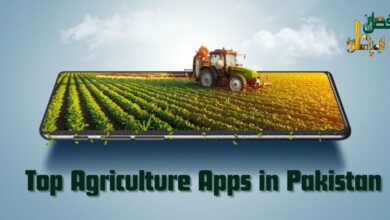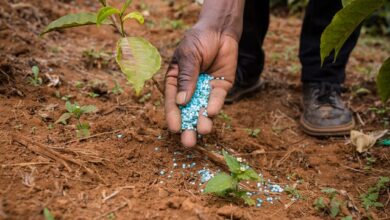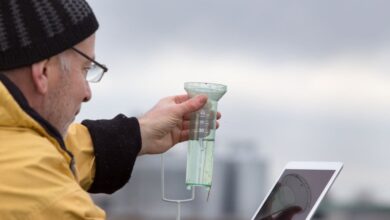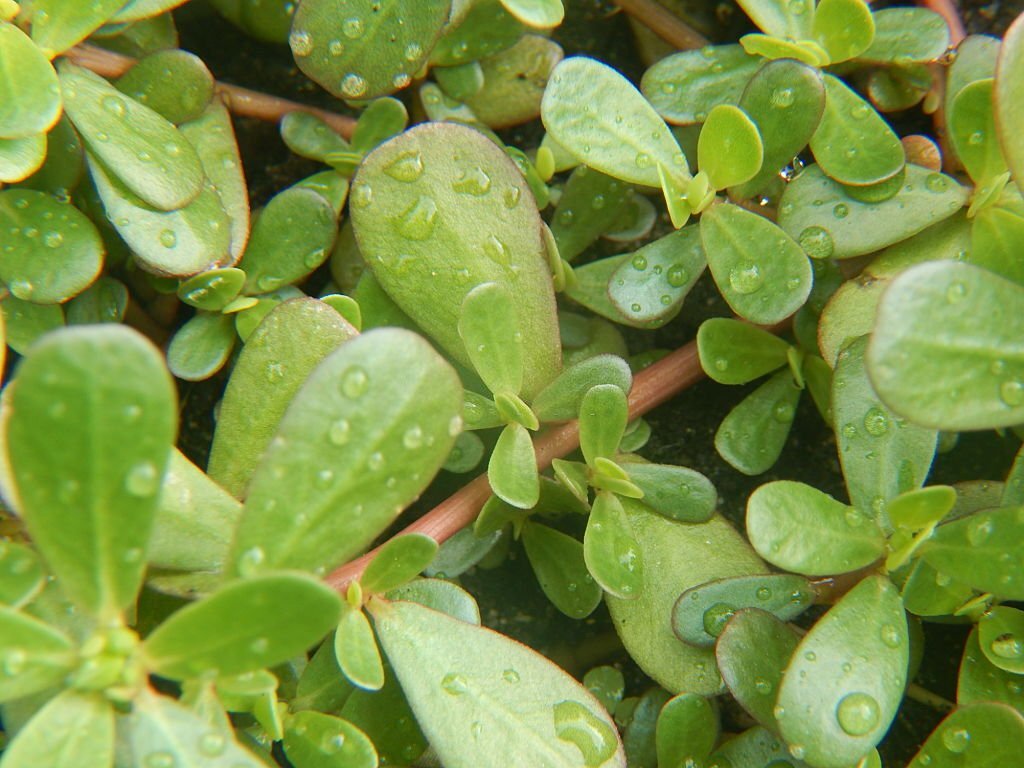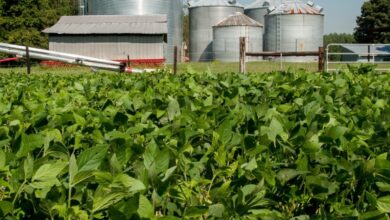Modern Agriculture: A Revolution in Food Production
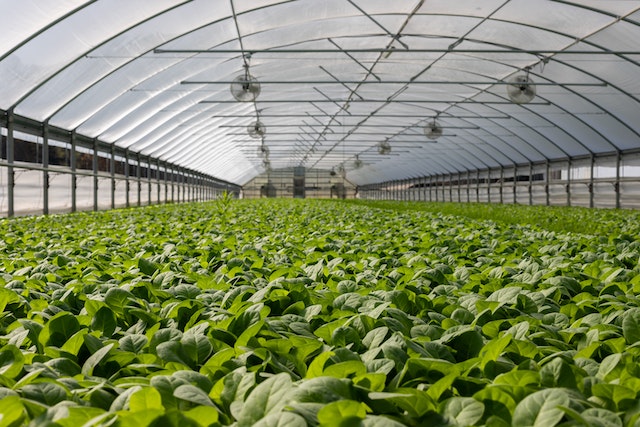
Last updated on June 24th, 2024 at 11:08 am
Introduction
Modern agriculture has undergone a remarkable transformation over the past century, ushering in an era of unprecedented food production, technological innovation, and environmental challenges. As the global population continues to grow, the importance of modern agriculture in ensuring food security and sustainability cannot be overstated. In this article, we will explore the key aspects of modern agriculture, its impact on society, the environment, and the future challenges it faces.
The Evolution of Agriculture
Agriculture has been the cornerstone of human civilization for thousands of years. From the earliest forms of subsistence farming to the complex, highly mechanized systems of today, the journey of agriculture is a testament to human ingenuity and adaptability.
Traditional agriculture, practiced for centuries, relied heavily on manual labor, rudimentary tools, and a limited understanding of plant and soil biology. The yield from these systems was often meager, and crop failure due to pests, diseases, or environmental factors was not uncommon.
The Green Revolution
The mid-20th century witnessed a profound change in agriculture with the advent of the Green Revolution . This transformative movement, driven by advances in plant breeding, the development of high-yield crop varieties, and the increased use of synthetic fertilizers and pesticides, led to a dramatic increase in crop productivity.
Norman Borlaug, often referred to as the father of the Green Revolution, played a pivotal role in the development of high-yield wheat varieties. These innovations not only increased crop yields but also contributed to the alleviation of hunger and poverty in many parts of the world. The Green Revolution helped India, for instance, transition from a food-deficit nation to a surplus producer of grains.
Key Elements of Modern Agriculture
Technological Advancements: Modern agriculture relies on cutting-edge technologies, including GPS-guided tractors, drones for precision agriculture, and automated irrigation systems. These technologies optimize resource use, reduce labor, and increase productivity.
Genetically Modified Organisms (GMOs): Genetically engineered crops, such as Bt cotton and Roundup Ready soybeans, have been developed to resist pests and herbicides, resulting in higher yields and reduced chemical usage.
Irrigation: Advanced irrigation techniques, such as drip and sprinkler systems, improve water efficiency and crop yield, particularly in arid regions.
Sustainable Practices: There is a growing emphasis on sustainability in modern agriculture, with practices like no-till farming, cover cropping, and crop rotation helping to reduce soil erosion, improve soil health, and minimize the use of chemical inputs.
Data Analytics: The collection and analysis of data from farms help farmers make informed decisions about planting, fertilization, and pest control. This data-driven approach, known as precision agriculture, optimizes resource utilization and reduces waste.
Impact of Modern Agriculture
Increased Food Production: Modern agriculture has led to an exponential increase in food production, allowing us to feed a rapidly growing global population. This has been a crucial factor in reducing hunger and malnutrition in many parts of the world.
Economic Growth: Agriculture is a major driver of economic growth in many countries. It provides employment for millions of people, from farmers to those involved in the agribusiness sector.
Technological Advancements: The development and adoption of advanced technologies in agriculture have far-reaching implications. It has led to innovations in other sectors, such as robotics, data analytics, and artificial intelligence.
Rural-Urban Migration: The mechanization and industrialization of agriculture have led to a decrease in the demand for rural labor, resulting in significant rural-to-urban migration.
Challenges in Modern Agriculture Sustainability: Ensuring that modern agriculture practices are sustainable is a critical challenge. Balancing the need for higher yields with the preservation of natural resources and ecosystems is a complex task.
Environmental Impact:
Agriculture is a major contributor to greenhouse gas emissions, particularly through the release of methane from livestock and the use of fossil fuels in farm machinery.
Food Security: Although modern agriculture has made great strides in reducing hunger, food security remains a global challenge. Inequitable distribution, waste, and the vulnerability of global supply chains are ongoing issues.
Environmental Challenges: While modern agriculture has brought about higher yields, it has also raised environmental concerns. Excessive use of fertilizers and pesticides has led to water pollution and soil degradation. Large-scale monoculture farming can lead to biodiversity loss.
Pesticide and Herbicide Resistance: Over-reliance on pesticides and herbicides has led to the emergence of resistant pest and weed populations, necessitating the development of new, potentially more harmful chemicals.
Land Use and Biodiversity: The expansion of agriculture often leads to deforestation and habitat destruction, posing a threat to biodiversity. Finding ways to balance land use with conservation is a pressing concern.
The Future of Modern Agriculture
The future of modern agriculture lies in sustainable, innovative, and technology-driven practices. Here are some key trends and areas of development:
AgTech Revolution: The integration of advanced technologies, including artificial intelligence, machine learning, and the Internet of Things, will continue to transform agriculture. Smart farms, with autonomous machinery and real-time data analytics, are becoming more prevalent.
Sustainable Agriculture: There is a growing emphasis on sustainable practices, including organic farming, agroforestry, and regenerative agriculture. These approaches prioritize soil health, biodiversity, and reducing the environmental footprint.
Vertical Farming and Hydroponics: As urbanization increases, vertical farming and hydroponics offer solutions to produce crops in controlled indoor environments, reducing the need for large land areas and minimizing transportation costs.
Alternative Protein Sources: With concerns about the environmental impact of traditional livestock farming , alternative protein sources such as plant-based and lab-grown meats are gaining traction.
Climate-Resilient Crops: Developing crops that are resilient to the effects of climate change, such as drought-tolerant varieties, will be crucial to ensuring food security in the face of shifting weather patterns.
Conclusion
Modern agriculture has been an incredible force for change, enabling us to feed billions of people and con tribute to economic development. However, it is not without its challenges. The future of agriculture lies in sustainable, technology-driven, and environmentally conscious practices that address issues of food security, environmental impact, and social equity.
As we continue to innovate and adapt, it is essential to strike a balance between feeding the world’s population and safeguarding the planet for future generations. Modern agriculture will play a pivotal role in shaping the path forward as we confront the complex challenges of the 21st century.
